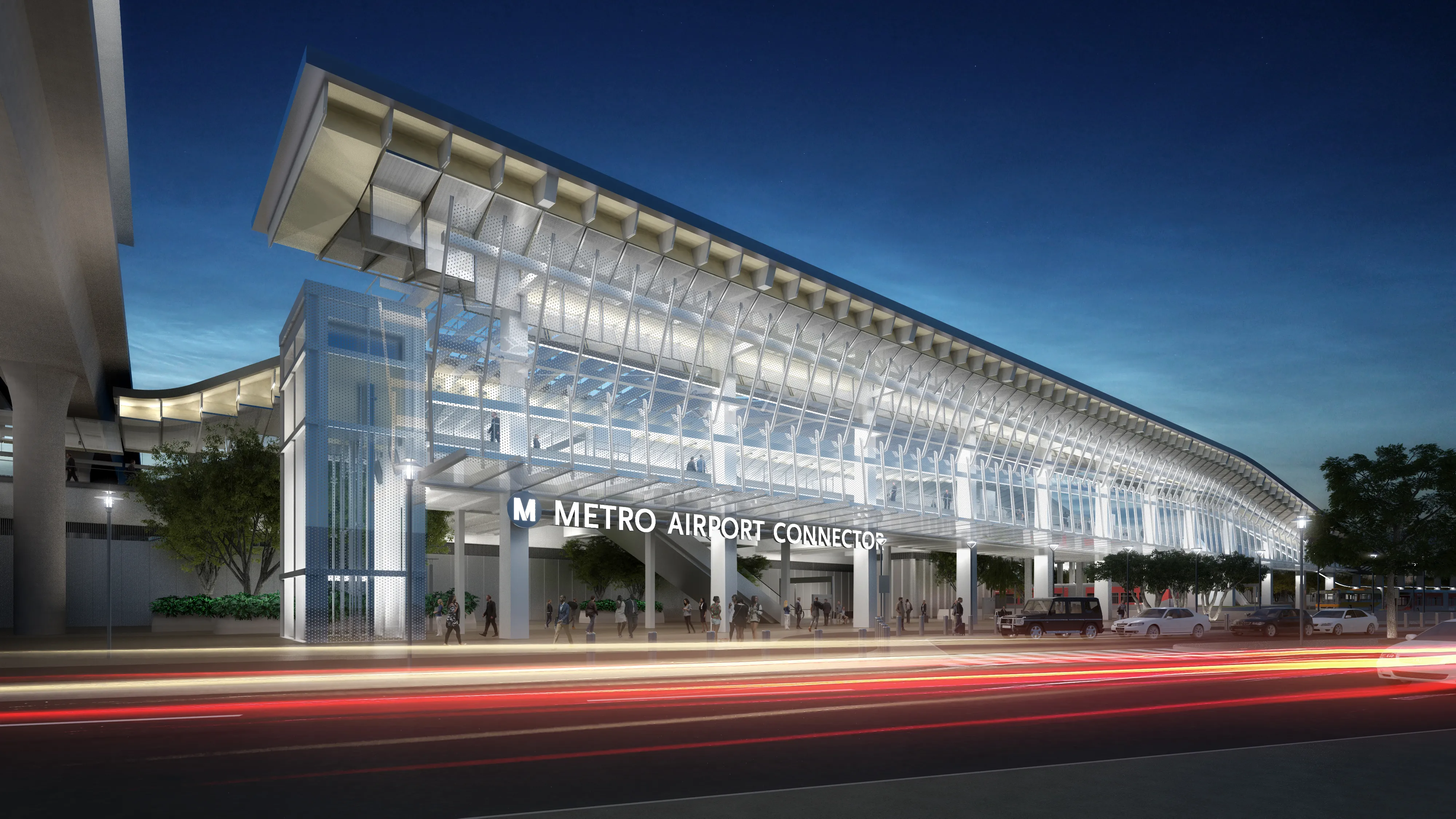Construction of a new airport on land adjacent to the Mexico City international airport, AICM, is expected to cost US$1.12billio, said transport and communications (SCT) minister Gerardo Ruiz during a presentation of the country's national infrastructure plan 2014-18.
May 1, 2014
Read time: 2 mins
Construction of a new airport on land adjacent to the Mexico City international airport, AICM, is expected to cost US$1.12billion, said transport and communications (SCT) minister Gerardo Ruiz during a presentation of the country's national infrastructure plan 2014-18.
The national infrastructure plan unveiled by the government "does not include (the cost) of new airport installations that are currently being evaluated," said Ruiz.
Mexico's civil aviation authority, DGAC, declared the airport officially saturated in April last year and no additional routes can be opened despite growing passenger demand.
The SCT announced planned in December last year to build a new airport on federal land adjacent to AICM, and has since invited a series of international architecture firms, in partnership with local firms, to design the new airport.
Seven firms, including British architects Zaha Hadid, Norman Foster, Richard Rogers and local architect Teodoro González de León have submitted designs for the project, reported architecture magazine Arch Daily.
In a sign that a new airport might be operated as a concession rather than owned and operated by state airport operator ASA, Ruiz confirmed that the investment would be drawn from public and private resources.
Ruiz also unveiled a series of new projects, including expansion of Lines 4 and 9 of the Mexico City metro systems, construction of mass transit systems for Merida and Torreón and the construction of 1,932 kilometres of new cargo rail lines. Existing rail concessionaires are also expected to build a further 1,560 kilometres of rail lines with their own resources. The SCT also plans to carry out the modernisation of 20 airports across the country, including Cancún, Chetumal, Jalapa, Toluca and Tlaxcala.
The national infrastructure plan unveiled by the government "does not include (the cost) of new airport installations that are currently being evaluated," said Ruiz.
Mexico's civil aviation authority, DGAC, declared the airport officially saturated in April last year and no additional routes can be opened despite growing passenger demand.
The SCT announced planned in December last year to build a new airport on federal land adjacent to AICM, and has since invited a series of international architecture firms, in partnership with local firms, to design the new airport.
Seven firms, including British architects Zaha Hadid, Norman Foster, Richard Rogers and local architect Teodoro González de León have submitted designs for the project, reported architecture magazine Arch Daily.
In a sign that a new airport might be operated as a concession rather than owned and operated by state airport operator ASA, Ruiz confirmed that the investment would be drawn from public and private resources.
Ruiz also unveiled a series of new projects, including expansion of Lines 4 and 9 of the Mexico City metro systems, construction of mass transit systems for Merida and Torreón and the construction of 1,932 kilometres of new cargo rail lines. Existing rail concessionaires are also expected to build a further 1,560 kilometres of rail lines with their own resources. The SCT also plans to carry out the modernisation of 20 airports across the country, including Cancún, Chetumal, Jalapa, Toluca and Tlaxcala.








